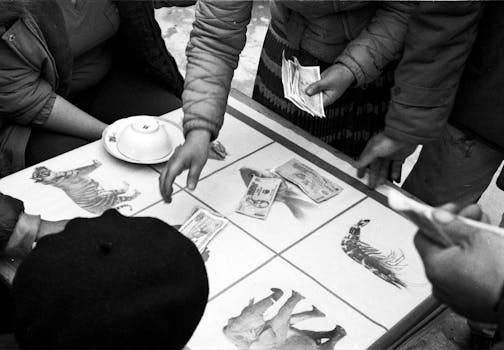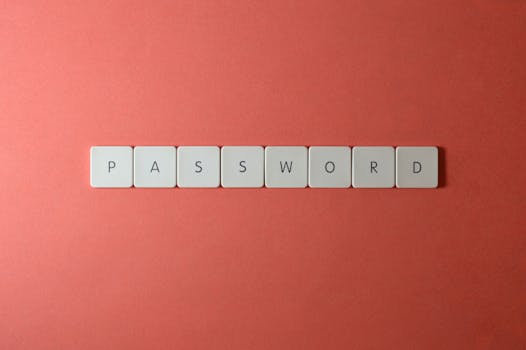Why Education is Key to Safer Gambling Habits
Gambling, when not approached cautiously, can lead to significant personal and social problems. However, with the right education and awareness, individuals can learn safer gambling habits that can help prevent addiction and promote responsible entertainment. In this article, we explore why education is crucial to fostering safer gambling behaviors and the different approaches that can be utilized to achieve this.
Understanding the Role of Education in Promoting Safer Gambling
Education plays a pivotal role in shaping our decisions and behaviors. By providing individuals with accurate information about the risks and realities of gambling, educational initiatives can equip people with the knowledge needed to make informed decisions. This includes understanding the odds of games, recognizing the signs of gambling addiction, and knowing where to seek help if needed.
Comprehensive Public Awareness Campaigns
One effective approach to educating the public about safer gambling is through comprehensive awareness campaigns. These campaigns can utilize various media platforms, including television, radio, social media, and public workshops, to spread key messages about responsible gambling practices.
Advantages:
- Wide reach: Can target a broad audience including all age groups and demographics.
- Versatility: Information can be tailored and disseminated in various formats.
- Cost: High-quality campaigns can be expensive to produce and maintain.
- Engagement: Not all campaigns manage to engage the audience effectively, particularly younger demographics.
- Early intervention: Educates individuals before they begin gambling.
- Long-term impact: Provides knowledge that students can use throughout their lives.
- Curriculum space: Adding this subject to an already crowded curriculum can be challenging.
- Variation in delivery: The effectiveness can vary significantly depending on the teacher's comfort and knowledge about the topic.
- Accessibility: Online resources are accessible to anyone with an internet connection.
- Anonymity: Individuals can seek help without fear of stigma.
- Information overload: The vast amount of information online can be overwhelming.
- Credibility: Not all information found online is accurate or reliable.
Disadvantages:
Practical Example: Countries like Australia and the United Kingdom have implemented national campaigns such as "GambleAware" that promote education and responsible gambling. These campaigns have utilized advertisements and online platforms to raise awareness and provide resources.
Formal Education Programs in Schools
Integrating gambling education into school curriculums is another approach to cultivate safer gambling habits from a young age. These programs can teach students about probability, the psychology of gambling, and how to recognize harmful gambling behaviors.
Advantages:
Disadvantages:
Practical Example: Some regions in Canada have introduced gambling awareness programs in their school curriculums, which have been positively received by educators and students alike.
Online Resources and Interactive Tools
The internet offers a plethora of resources that can help individuals learn about safer gambling. Websites like the National Council on Problem Gambling provide tools and resources that people can access to learn more about gambling risks and self-assessment tools.
Advantages:
Disadvantages:
Practical Example: Interactive tools such as the "Responsible Gambling Council's" online self-assessment tool help individuals evaluate their gambling behaviors discreetly and securely.
Conclusion: Education as a Preventative Measure
Educating the public about safer gambling practices is an essential preventative measure that can significantly reduce gambling-related harms. By implementing comprehensive public awareness campaigns, integrating gambling education into school curriculums, and utilizing online resources, we can equip individuals with the knowledge they need to gamble responsibly.
It's critical that stakeholders including governments, educational institutions, and community organizations collaborate to promote education as a strategy for safer gambling. For anyone interested in learning more or seeking help, visiting websites such as www.ncpgambling.org can be a good starting point.
Encouraging safer gambling through education not only helps individuals but also benefits society by reducing the social and economic costs associated with gambling addiction. Let's invest in education and turn the tide against problematic gambling.

.png)





